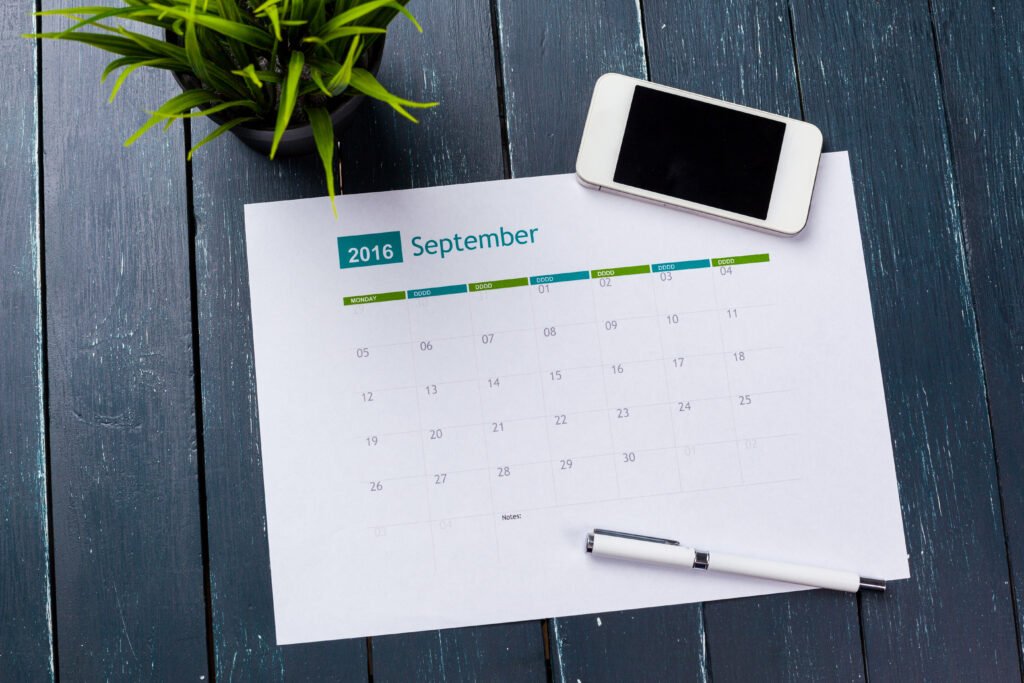Introduction
Time management is an essential skill individuals need to achieve success in both personal and professional life. With daily challenges we face, the ability to organize and manage time effectively becomes a key factor in reaching goals. Therefore, in this article, we will explore various strategies that can help improve time management skills and increase productivity.
Moreover, by examining these strategies, we will discover how effective time management can lead to reduced daily stress, a greater sense of accomplishment, and an overall improvement in quality of life. Thus, we will discuss methods and techniques that can be used to achieve a balance between work and personal life.

1. The Importance of Time Management
1.1 Benefits of Time Management
Effective time management greatly contributes to achieving work-life balance. By organizing activities and tasks, individuals can allocate sufficient time for essential work, leading to reduced stress and improved overall performance. Additionally, time management helps increase the sense of accomplishment as individuals complete tasks more quickly and efficiently.
Furthermore, good time management can improve the quality of personal relationships. When individuals have enough time for their personal lives, it strengthens social bonds and helps build stronger relationships. In other words, work-life balance is a key factor in mental health.
1.2 The Impact of Time Management on Productivity
Effective time management enhances productivity by enabling individuals to focus on important tasks rather than getting caught up in minor matters. This focus helps achieve goals faster, which increases self-confidence and a sense of fulfillment. Therefore, when individuals learn how to manage their time effectively, they become better prepared to face challenges.
Moreover, good time management improves job performance. By organizing tasks and managing priorities, individuals can enhance work quality and reduce errors, increasing the likelihood of success in various projects.

2. Time Management Strategies
2.1 Setting Goals
One of the key strategies is clearly defining goals. Individuals should know what they want to achieve, whether in the short or long term. The SMART model (Specific, Measurable, Achievable, Relevant, Time-bound) can be used to set goals effectively. Therefore, goals should be clear and specific, making planning and execution easier.
Additionally, writing and documenting goals can reinforce commitment. When goals are written down, individuals feel more responsible for achieving them. Thus, precise goal-setting is a fundamental step towards effective time management.
2.2 Advanced Planning
Good planning is the cornerstone of time management. Individuals should spend some time creating a weekly or monthly plan outlining specific tasks and objectives. This helps organize work and avoid unexpected stress. For example, a person can allocate a specific time each day to plan upcoming tasks.
Moreover, the work plan should include breaks and rest periods. Taking regular breaks can enhance concentration and productivity. Therefore, advanced planning is an effective tool for achieving goals efficiently.
2.3 The Pomodoro Technique
The Pomodoro Technique is an effective time management method. It involves working continuously for 25 minutes, followed by a short break. This approach helps maintain focus and reduces mental fatigue. After each work period, individuals can use the break for a quick activity or a light snack.
Additionally, the Pomodoro Technique provides structure by dividing work into specific intervals, making tasks seem less overwhelming. Thus, this technique boosts productivity and improves work quality.
2.4 Task Lists
Creating a daily to-do list is an effective strategy. This list enables individuals to track completed tasks and prioritize them. It’s recommended to update the list daily to avoid missing any tasks. Individuals can prioritize tasks by importance and urgency, making it easier to focus on what’s truly important.
Furthermore, a to-do list is a visual tool that helps motivate individuals. When people see that they’ve accomplished several tasks, they feel a sense of achievement, which encourages further progress.
2.5 Delegating Tasks
Individuals need to learn the art of delegation. No one can handle everything alone, so it’s important to assign tasks to others to reduce the burden and increase efficiency. Therefore, individuals should identify tasks that can be delegated and select the right people for them.
Additionally, clear communication is necessary when delegating tasks. Individuals should clarify what is expected from the other person and provide support when needed. Hence, delegating tasks is an effective way to boost productivity and reduce stress.

2.6 Managing Interruptions
Interruptions can impact productivity. Thus, individuals should try to minimize these interruptions by setting designated focus times and informing colleagues to avoid disturbances during these times. Techniques such as using headphones or closing the office door can also help reduce distractions.
Furthermore, individuals should identify common sources of interruptions and work to avoid them. For example, turning off phone notifications during focus times can help. Therefore, managing interruptions increases focus and productivity.
3. Using Technology in Time Management
3.1 Time Management Apps
There are numerous apps that can help individuals manage their time effectively. Apps like “Todoist” and “Evernote” provide user-friendly interfaces for organizing tasks and notes. Moreover, some of these apps include reminder features to help stay focused on tasks.
Additionally, these apps can improve communication among individuals. Teams can work together on the same tasks and easily share information. Thus, technology is a powerful tool to enhance time management.
3.2 Scheduling Tools
Using scheduling tools like “Google Calendar” can simplify organizing appointments and tasks. This helps remind individuals of important deadlines and specific tasks. Additionally, these tools can integrate with other apps to improve efficiency.
Furthermore, scheduling tools allow individuals to allocate specific times for tasks, ensuring no deadlines are missed. Thus, these tools provide an effective solution for organizing daily life.

4. Evaluating and Adjusting Time Management Strategies
4.1 Reviewing Performance
Regularly reviewing performance is important to determine if the current strategies are effective. This can involve assessing achievements against set goals. Additionally, the review should be comprehensive, focusing on both successful aspects and areas needing improvement.
Moreover, regular reviews can help identify challenges that may arise. Thus, plans can be made to overcome these challenges in the future. Therefore, performance evaluation is an integral part of time management.
4.2 Adapting to Changes
The ability to adapt to unexpected changes is essential. Individuals should be flexible and able to adjust plans according to new circumstances. This may require reprioritizing tasks or modifying goals.
Additionally, flexibility is often the key to success when facing unforeseen challenges. Thus, individuals should be ready to adapt to changing conditions to maintain effective time management.

5. Positive Conclusion
In conclusion, time management is a vital skill that can significantly impact individuals’ lives. By adopting effective strategies, individuals can achieve work-life balance, increase productivity, and feel a sense of accomplishment. Therefore, everyone should invest time in learning and applying these skills in their daily lives.
6. Frequently Asked Questions
Q1: How can I improve my time management?
A: You can improve time management by clearly setting goals, planning in advance, and using tools like to-do lists and time management apps.
Q2: What is the Pomodoro Technique and how does it work?
A: The Pomodoro Technique involves working for 25 continuous minutes followed by a short break. This approach helps maintain focus and increase productivity.
Q3: How can I reduce interruptions while working?
A: You can reduce interruptions by setting focus times and informing colleagues not to disturb you during these times.
Q4: Are there recommended apps for time management?
A: Yes, apps like “Todoist,” “Evernote,” and “Google Calendar” are useful tools for organizing tasks and managing time.
Q5: How can I evaluate my time management strategies?
A: You can evaluate time management strategies by periodically reviewing performance and assessing if the strategies are effective in achieving goals.

